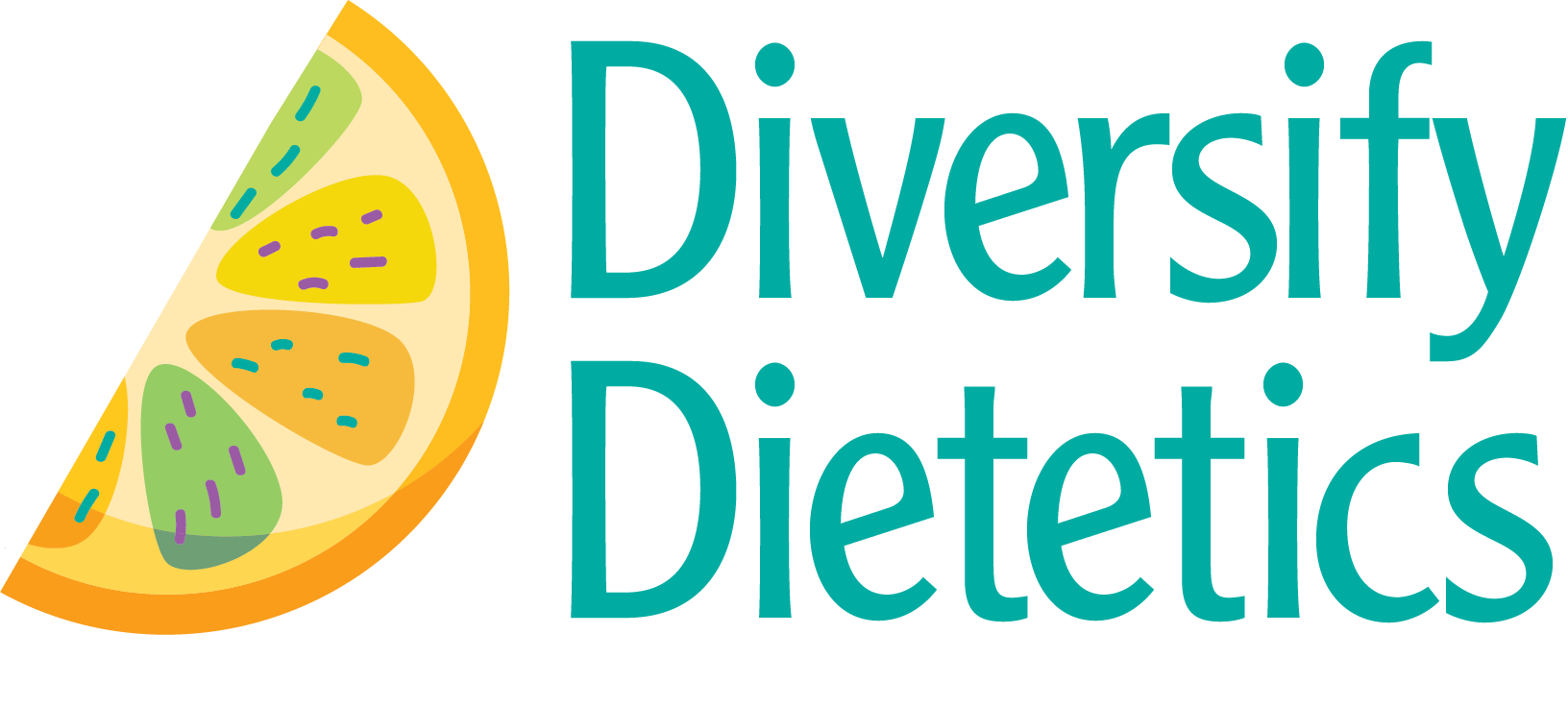Clinical Nutrition Webinar Bundle
Clinical Nutrition Webinar Bundle
DD webinar bundles are now here! No matter your area of interest or specialty, we have webinars for you - with insights from seasoned professionals from the DD community. See below for more information on which webinars are included in this bundle package.
*CEU applications are currently pending.
Webinar 1: The Impact of Nutrition on Men's Health Outcomes
By Gregory Lafortune, MS, RD, LD
In this session, participants will learn terminology specific to men’s health, barriers/disparities in men’s health, hormonal differences particular to men, how food plays a role in men’s health, and how our nutrition intervention can make a difference in the lives of men.
Webinar 2: Braids, Twists & Macros: Using hair as an entry point into nutrition therapy
By Samaria Grandberry, MS, RDN, WTS
As nutrition professionals, the most we learned might've about hair in school was the NFPE. But did you know that the hair and scalp can tell much more about a person's health? During this session, learn how we, as RDs, can use hair as an entry point into nutrition therapy. Many women will see their stylist way more than they will ever see a dietitian. Learn how we can use these beauty pros to help support our client's health & nutrition!
Webinar 3: The Role of Nutrition Therapy in Eczema & Mismanagement of Skin Disorders in People of Color
By Rakhi Roy, Chowdhury, MS, RD, LDN
Eczema is a multi-factorial skin disorder affecting over 31 million Americans, and greater than 20% people of color. Most often, eczema is characterized as a red, dry, and itchy rash – but this is how it appears in light skin. In darker skin types, redness may be obscured, making areas of eczema look hyperpigmented, brown, purple or grey in color, leading to delayed diagnosis and mismanagement of care. People with eczema are 2-4x more likely to develop food allergies making the role of the dietitian critical. There is much debate on whether a "leaky gut" leads to "leaky skin" in eczema or vice versa. Current evidence suggests that eczema prevention helps in food allergy prevention and the adult onset of food allergies and sensitivities. The role of nutrition therapy is not only limited to food allergy eczema sufferers, however, but also important in eczema wound healing support to enhance barrier function, gut health support post-antibiotic treatment from acquired skin infection, blood sugar regulation post-steroidal treatments, and overall immune support through diet quality & lifestyle management as eczema is an expression of an overactive immune system.
Webinar 4: The Cultural Integrative and Functional Nutrition Side to Menopause By Denine Rogers, MS, RDN, LD, FAND
Menopause is an inevitable milestone in the reproductive life of women. It is a condition designed by nature and regarded as a normal part of aging. For a while, menopause in the medical community was treated as a disorder or ailment. Even in settings where research on menopause has been ongoing, women have identified a lack of reliable, accessible, and current information on menopause and related topics as a problem. In this presentation, we will discuss that now is the time to talk about this taboo subject, particularly within our communities, and discuss how we can change the perceptions and beliefs of menopause.
Webinar 5: Diabetes Management Strategies that “Work” for the BIPOC Population + Q&A
By Janelle-Eligon-Ketchum, RDN, LDN, CDCES
Insights of techniques that work for effective Pre/diabetes management with BIPOC populations taking work/life balance and culture into consideration. Diabetes management challenges, biases and hindrances are different for BIPOC, blue & white-collar employees. I will break down the challenges these clients face including work schedule/hours/medical biases/medication adherence and more through my years of experience and case studies.
Webinar 6: Inclusive Treatment of Eating Disorders
By Amber Rosalez, MS, RDN, LDN, CEDRD-S
For many, the image conjured up when hearing the words "eating disorder" is that of a thin, white, young, privileged, girl or woman. Unfortunately, this stigma has created treatment spaces where BIPOC individuals, fat persons, low-income persons, male or other gendered persons, and older persons come to get their eating disorders treated feel othered, isolated and misunderstood. It is so important that we, as diverse nutrition professionals, understand that EDs come in ALL shapes, colors, ages, abilities, races, economic backgrounds, religions... in short they don't discriminate one jot. It's important that we know what to look for, see through the biases the world has created for us and connect with our clients who are struggling to feel understood in their illness. After this session, you'll walk away with some foundational tools you can use to treat any person who comes in your door with an ED. You'll know how to recognize an ED, what's needed to get the help your client needs, and what your role can be. EDs are complex, and for many in our field they are daunting to consider treating but our clients need us. They need to see they aren't alone and benefit from your unique perspective as a BIPOC treatment provider.

